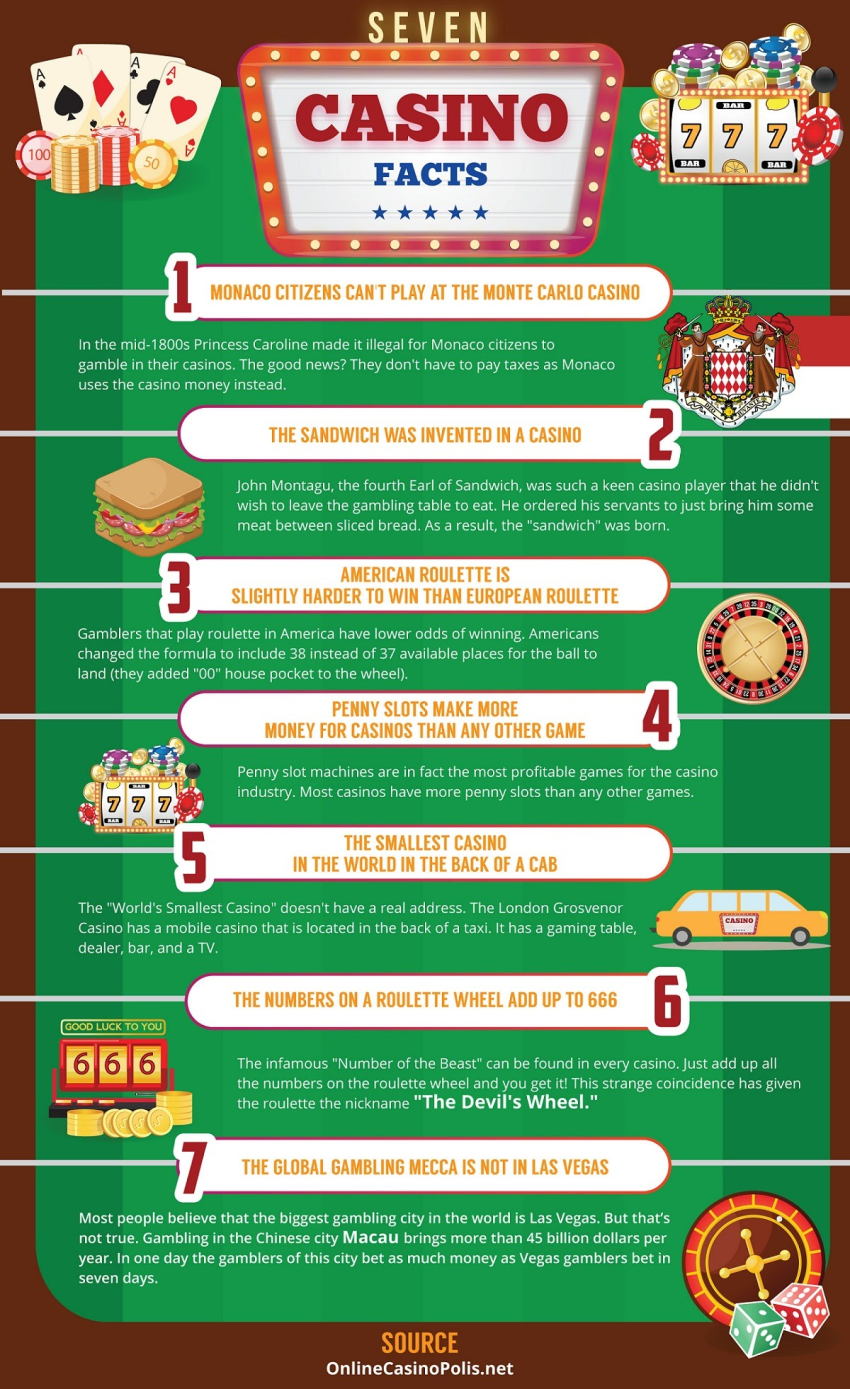Gambling facts reveal a fascinating intersection of risk and entertainment that has captured audiences throughout history. As the landscape shifts with the rise of online gambling trends, more players find themselves exploring various forms of gaming from the comfort of their homes. Current gambling statistics showcase a meteoric rise in both participation and revenues, with the industry projected to surpass impressive milestones in the coming years. Furthermore, understanding sports betting demographics sheds light on the behaviors and preferences of different age groups, revealing surprising trends among younger gamblers. The importance of responsible gambling practices has never been more critical, as these shifts call for increased awareness and protection for participants in this dynamic field.
The realm of gambling is an ever-evolving world filled with mesmerizing statistics and captivating trends. From the thrill of betting on sports to the allure of online casinos, various forms of wagering have gained remarkable popularity across demographics. The rise in digital platforms has transformed how we perceive and engage with these activities, enticing a younger generation who are becoming avid participants. With a surge in gambling revenue and participation, the call for responsible gaming has become increasingly vital to mitigate potential risks associated with this booming industry. By diving deeper into the latest gambling insights and demographic data, we can better appreciate this multifaceted entertainment phenomenon.
Unbelievable Gambling Facts You Didn’t Know
Gambling facts are often shrouded in mystery and myth. For instance, did you know that approximately 60% of adults in the United States have engaged in some form of gambling in their lifetime? This statistic not only illustrates the widespread appeal of gambling but also mirrors a changing perception where gambling is being viewed more as a form of entertainment rather than a taboo. Moreover, with the rise of diverse gambling options, from traditional casinos to online platforms, the number of participants is only expected to grow, further challenging pre-existing stereotypes.
Additionally, many people remain unaware of just how rapidly the online gambling sphere is expanding. With an estimated market growth of over 20% anticipated over the next few years, online gambling is gaining unprecedented traction. This growth can be attributed to the increasing accessibility of mobile devices and the convenience offered by online platforms. The ability to gamble from the comfort of home, paired with the variety of games and betting options available, can turn what was once an out-of-home activity into a daily pastime for many.
The Future of Gambling: Trends and Demographics
As we look forward, understanding the demographics of gamblers becomes critical to predict the future of the gambling industry. Current trends show that younger generations, particularly those aged 18 to 30, are more inclined to participate in gambling activities, especially online. This demographic shift is significant, not only for the current market but also for informing future marketing strategies and responsible gambling campaigns. Industry leaders are beginning to focus on enticing these younger players through innovative technology and engaging platforms.
Moreover, the sports betting landscape is evolving rapidly with new regulations and increased acceptance across various states. With the rise of in-game betting, this younger demographic is likely to continue evolving their gambling behavior, demonstrating a shift away from traditional betting methods. These trends highlight the importance of responsible gambling practices amid such rapid growth—companies need to ensure they foster safe environments for these young gamblers, which is vital for maintaining a healthy industry.
Frequently Asked Questions
What are some surprising gambling statistics that highlight online gambling trends?
One surprising gambling fact is that the global online gambling market is projected to reach $565 billion by 2024. This astounding growth reflects a shift in consumer behavior, with more players opting for the convenience of online platforms. Recent gambling statistics indicate that mobile gaming is a primary driver of this surge, as technological advancements have made gaming more accessible and engaging.
What do current sports betting demographics reveal about the gambling landscape?
Current sports betting demographics show that individuals aged 21 to 24 are the fastest-growing group of bettors. This young demographic is particularly drawn to in-game betting, which allows for rapid decisions and an interactive experience. Understanding these trends in gambling facts is essential for developing age-targeted responsible gambling practices that address the unique challenges faced by newer, younger bettors.
| Key Point | Details |
|---|---|
| Current State of Gambling in the US | Gambling revenue in the US reached record highs in 2022. Several states have legalized online poker and sports betting, reflecting changing attitudes. |
| Global Market Expansion | The global gambling market is projected to reach $565 billion by 2024, driven by online gaming and legalized sports betting. |
| Demographics of Gamblers | The fastest-growing group in sports betting is ages 21 to 24, influenced by in-game betting and psychological factors. |
| Diverse Forms of Gambling | The gambling landscape now includes esports betting and various online formats that attract a wider audience. |
| Engagement and Regulation | As states legalize gambling, the focus on responsible gambling practices and consumer protection is becoming more crucial. |
Summary
Gambling Facts reveal the complex and dynamic nature of the gambling industry today. With the advent of online platforms and a growing acceptance of sports betting, the landscape is shifting dramatically. As we see more states legalizing various forms of gambling, record revenue figures highlight not only the industry’s growth but also a changing public perception. In particular, the intriguing demographic of younger gamblers, notably those aged 21 to 24, showcases a shift toward impulsive, in-game betting formats that require rapid decision-making. However, with such growth comes an essential responsibility; we must foster an environment of safe gambling and promote responsible practices to protect individuals from potential harms. As this industry continues to evolve, understanding the implications of these gambling facts is crucial for both players and regulators alike.
